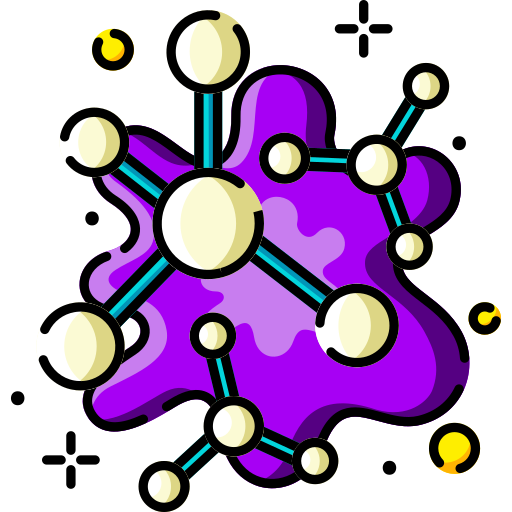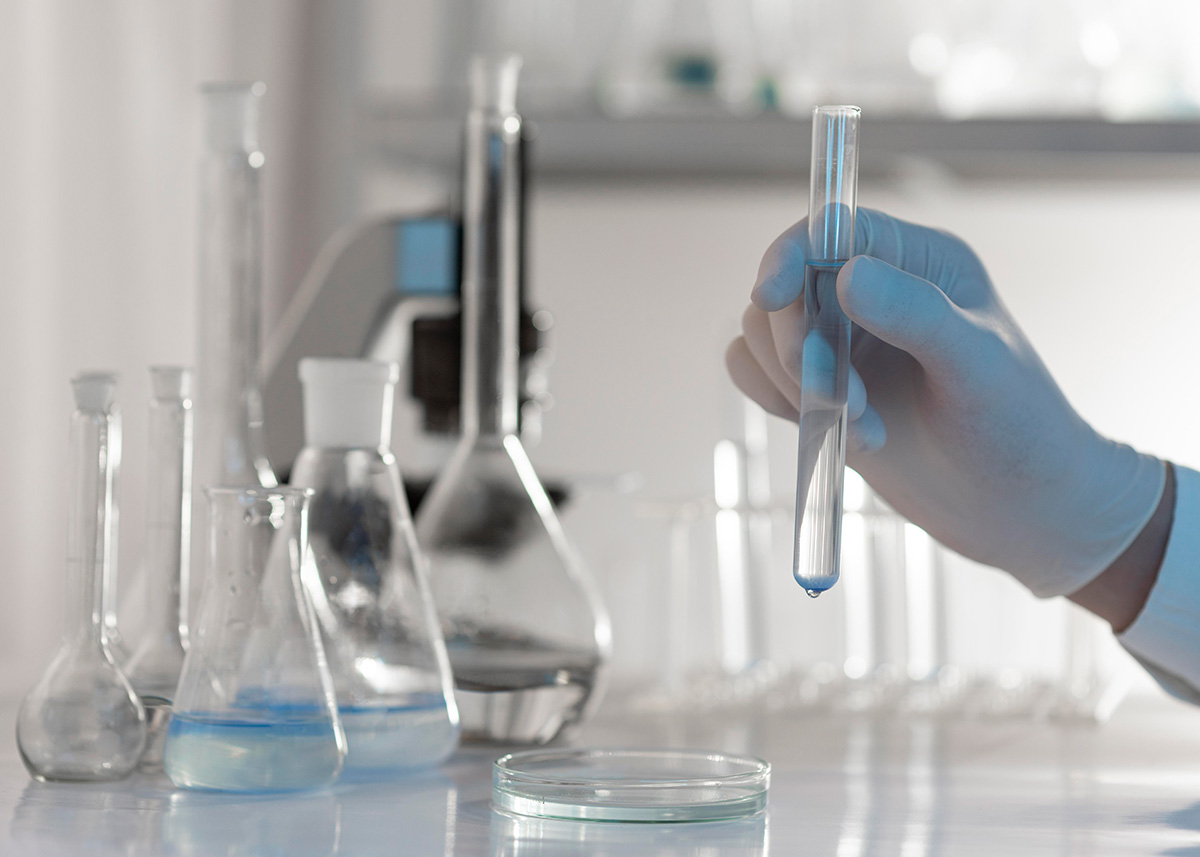Human growth hormone (HGH) and testosterone are both hormones that play important roles in the body’s development and overall health. If you suspect you may have a hormone imbalance and need prescription medication, you may be wondering how to get an online prescription for HGH or testosterone.
You should make 4 steps to get an online prescription for HGH or testosterone.
Steps to Get a Prescription
Step 1: Research Online Healthcare Providers
There are a growing number of online healthcare providers that offer telemedicine services, including virtual consultations and online prescriptions. Research these providers to find one that specializes in hormone replacement therapy and has licensed healthcare professionals on staff.
Step 2: Schedule a Virtual Consultation
Once you’ve found a reputable online healthcare provider, schedule a virtual consultation with one of their licensed healthcare professionals. During the consultation, you’ll discuss your symptoms and medical history, and the healthcare provider will determine if you need HGH or testosterone replacement therapy.
Step 3: Provide Medical Information
After the consultation, you may be asked to provide additional medical information, such as blood test results, to confirm the diagnosis and determine the appropriate dosage for your prescription.
Step 4: Receive Online Prescription
If the healthcare provider determines that HGH or testosterone replacement therapy is appropriate for you, they will write an online prescription for you. This prescription can be filled at a pharmacy of your choice.
It’s important to note that HGH and testosterone replacement therapy can have potential side effects and risks, so it’s important to follow the healthcare provider’s instructions closely and report any side effects immediately.
Conclusion
Getting an online prescription for HGH or testosterone replacement therapy can be a convenient option for those who suspect they may have a hormone imbalance. It’s important to research reputable online healthcare providers and follow their instructions closely to ensure safe and effective treatment. Remember, hormone replacement therapy is not suitable for everyone, and it’s important to discuss the potential risks and benefits with a licensed healthcare professional before starting treatment.











